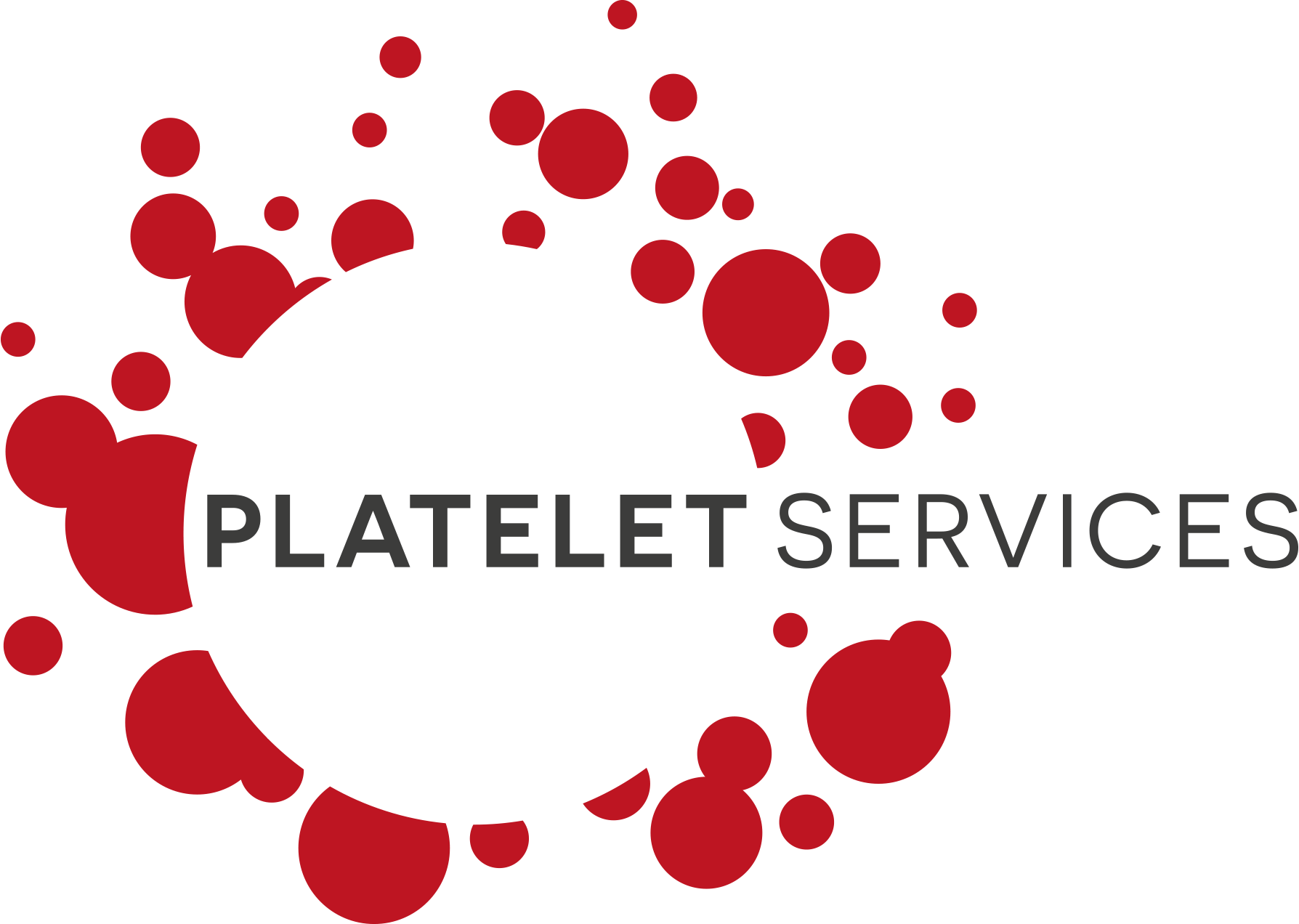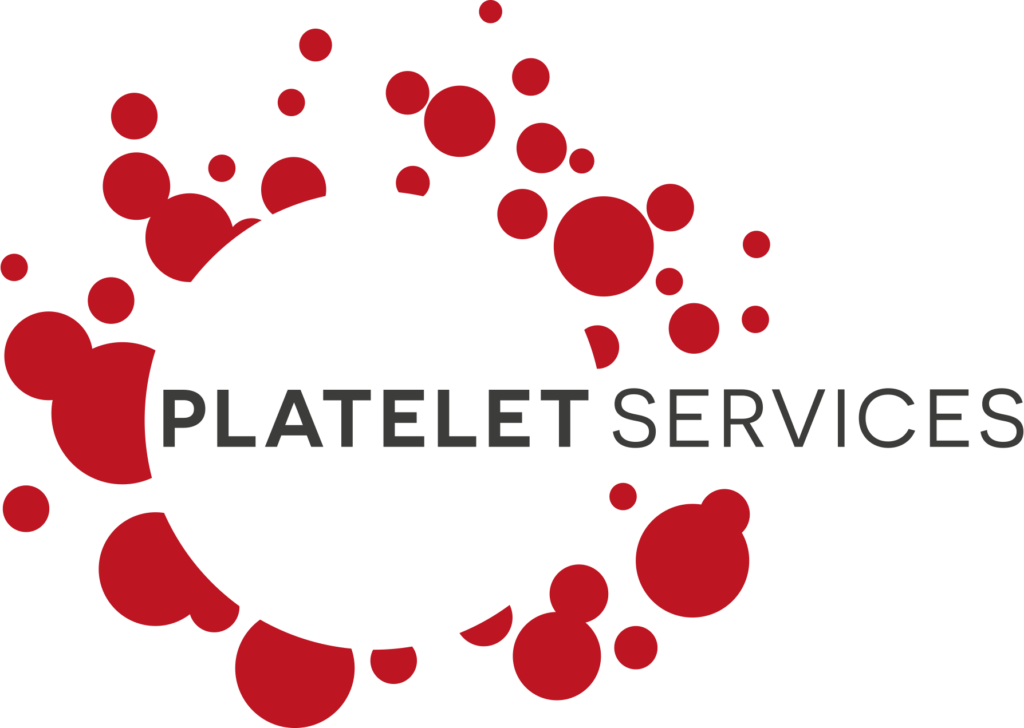Platelet Services is one of the sponsors of the 3rd Platelet Society Meeting, which is being held on the 12-14 April, and hosted by Hull York Medical School at Hull University.
The Platelet Services team will be attending the meeting and presenting a poster on the application of platelet testing in drug discovery.
Poster abstract: “Platelets play a key role in haemostasis with various plasma membrane receptors mediating their interaction with the vessel wall, other platelets and blood cells. Recent developments in drug discovery have led to more disease areas being treated with various biologics rather than small molecules. Due to the complexity of platelet pharmacology, there is a potential to overlook on/off-target effects on platelet function of the compounds in development.
Two mechanisms that have been highlighted recently include monoclonal antibodies (mAbs) and oligonucleotides (ONs). Monoclonal antibodies are often IgG mAbs and have been shown to activate platelets via cross-linking of the platelet FcyRIIA receptors if the target is expressed on platelets or present in circulation. In line with this, an anti-CD226 IgG1 antibody at 5.0 µg/mL directly induced full aggregation response in 8 volunteers (median AUC 68.8) and had no direct effect in 4 volunteers (median AUC 0.9) assessed by light transmission aggregometry; it potentiated partial aggregation induced by adenosine diphosphate (ADP) in all 12 volunteers. Similar observations were made using whole blood aggregation assessment by flow cytometry.
Oligonucleotides developed as potential drug candidates can have phosphorothioate (PS) modifications to improve stability. PS-modified ONs were shown to elicit platelet activation, potentially via the GPVI receptor. Our findings show that ODN2395 (PS-modified ON) produced concentration-dependent potentiation of CRP-induced platelet P-selectin expression in fixed whole blood samples (417.9 MFI) with maximum response observed at 10.0 µM ODN2395 (3731.1 MFI, n=5).
If the possible effects of new drug candidates on platelet function can be assessed in a high throughput format, this assessment can be applied early in the drug discovery process, which in turn would help to reduce the risks of unexpected thrombosis and bleeding effects in toxicology and early clinical testing.”
To find out more about the meeting, click here.
The Platelet Society aims to promote and assist research in all matters associated with platelets in disease, as well as advancing public education. To find out more about The Platelet Society, click here.

